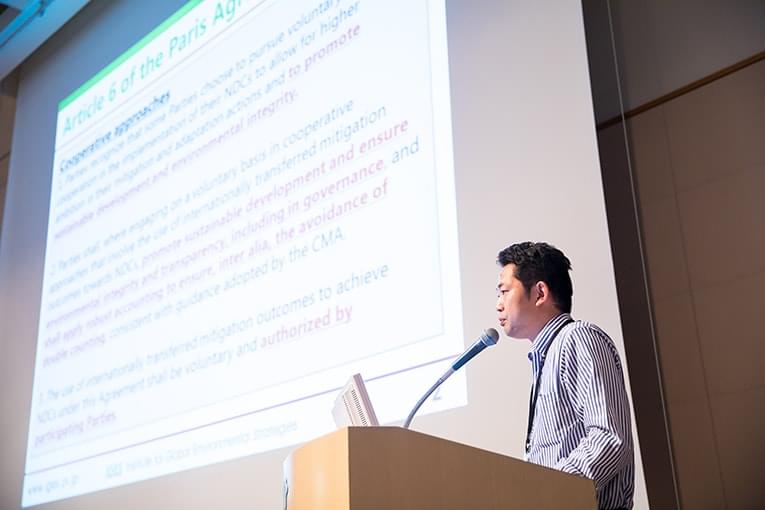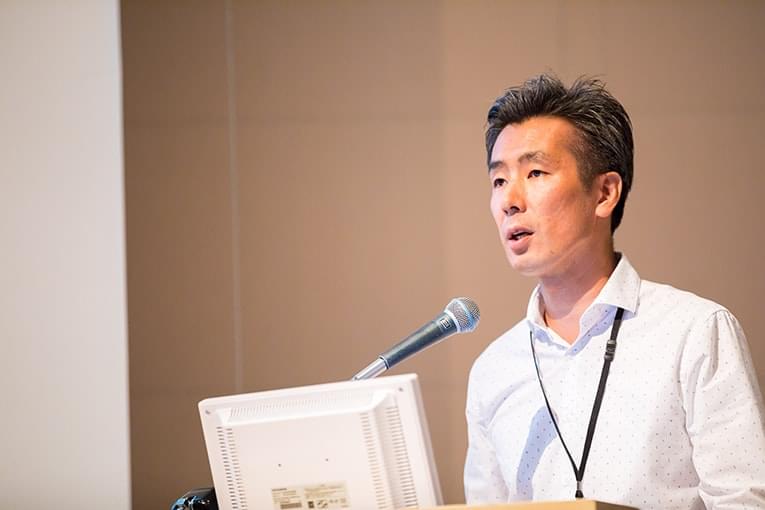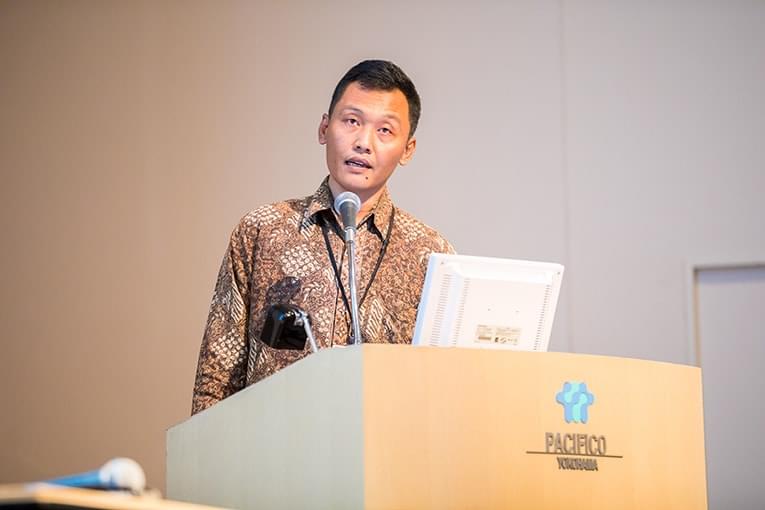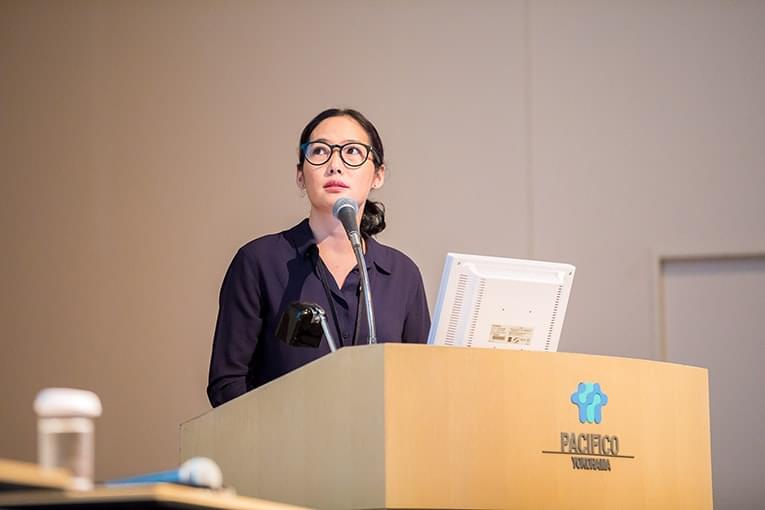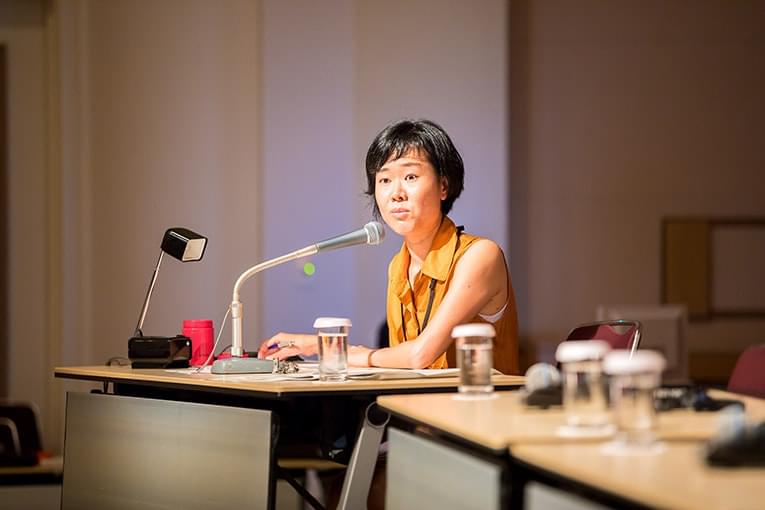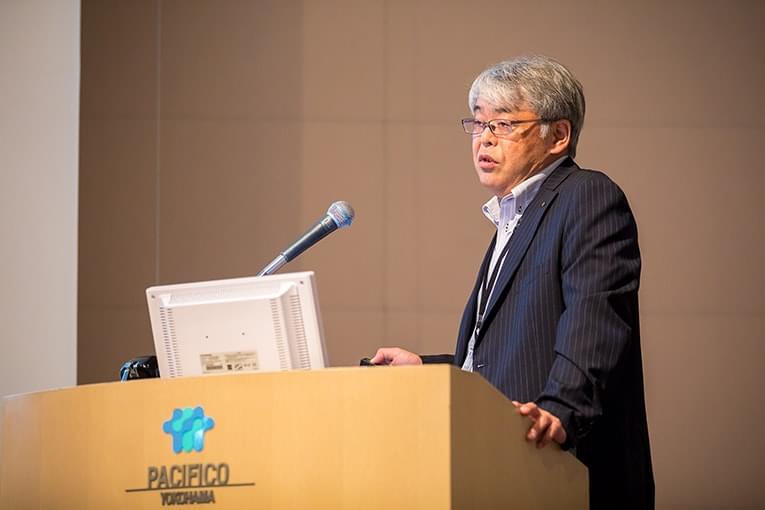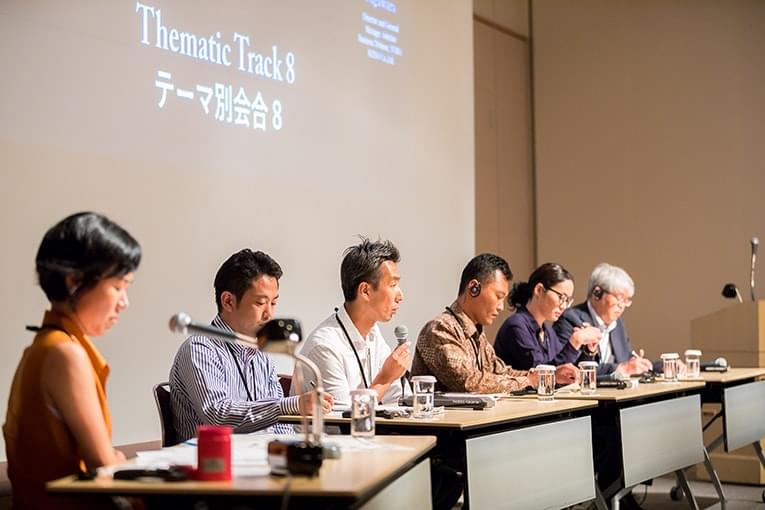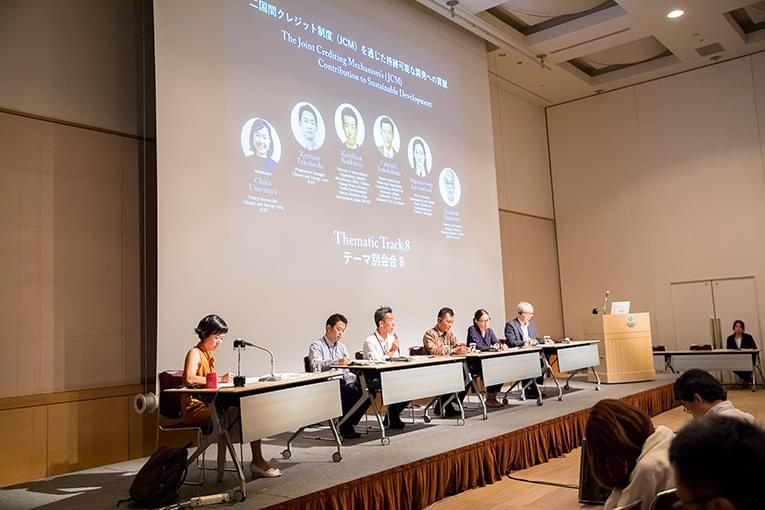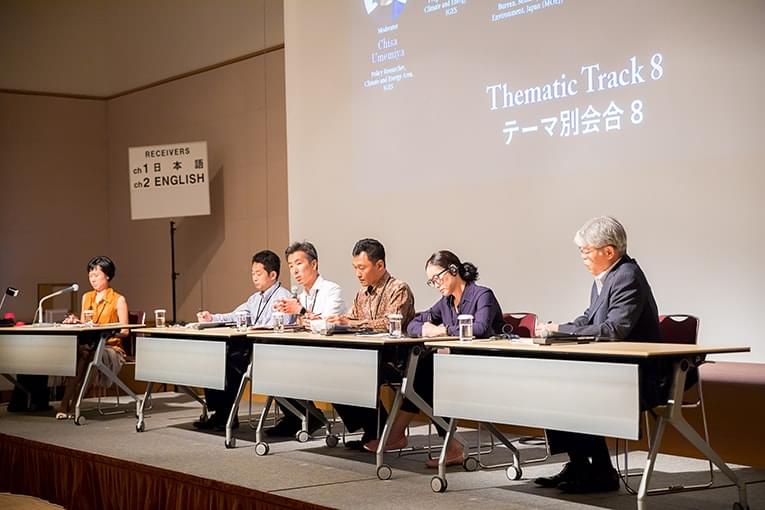While many countries around the world are increasingly taking actions to implement their nationally determined contributions (NDCs) and curb emissions of greenhouse gases (GHG), various stakeholders ranging from cities to businesses are exploring innovative ways to promote low carbon projects. The Joint Crediting Mechanism (JCM), established bilaterally between Japan and 17 partner governments, has proven to be an important catalyzer of financing for low-carbon technology transfer in a number of developing countries.
As the Paris Agreement continues to gain international traction, it is becoming increasingly important to explain how the JCM contributes to the realisation of the UNFCCC’s ultimate goal and the implementation of Article 6 on cooperation mechanisms. This session at ISAP2018 presents an opportunity to mobilise relevant stakeholders from the public and private sectors in order to advance the climate agenda and foster the further development of low-carbon technology transfer projects in JCM partner countries.
This session will also afford an occasion to share experiences and achievements related to emissions reduction as well as to highlight key outcomes from JCM activities in 3 JCM partner countries. The session will also discuss the status of international climate negotiations including the rule-making process. Building a common understanding on the rules of international carbon markets among policymakers in the Asia Pacific region will help to guide the more effective design and development of low-carbon technical assistance projects.
Programme Manager,
Climate and Energy Area, IGES
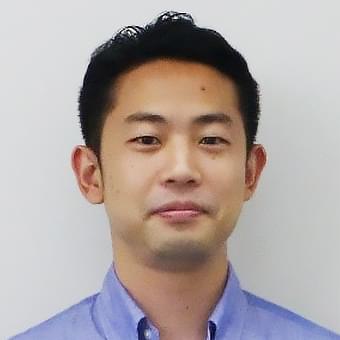
Kentaro Takahashi
Programme Manager, Climate and Energy Area, IGES
Kentaro Takahashi obtained his master’s degree from Graduate School of Agricultural and Life Sciences, The University of Tokyo in Japan on the monitoring of land cover change in East Kalimantan, Indonesia. After serving as a consultant at the consulting company which provided CDM development services etc, he joined IGES in 2009. He started his work on the CDM/JI capacity building programme in Asian countries. He currently engages MRV programme under the Joint Crediting Mechanism (JCM) for 9 partner countries in Asia and Pacific region.
Director of International Negotiations, Market Mechanisms Office, Climate Change Policy Division, Global Environmental Bureau, Ministry of the Environment, Japan (MOEJ)
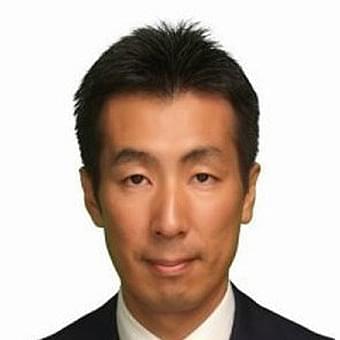
Kazuhisa Koakutsu
Director of International Negotiations, Market Mechanisms Office, Climate Change Policy Division, Global Environmental Bureau, Ministry of the Environment, Japan (MOEJ)
In the Ministry, Kazuhisa Koakutsu is responsible for implementing the Joint Crediting Mechanism (JCM) and in charge of international negotiation process regarding market-based mechanisms under the UNFCCC. He has been engaging in the international climate policy related to market mechanisms such as the clean development mechanism (CDM), emission trading scheme (ETS) and JCM.
Deputy Director for Financing Cooperation, Coordinating Ministry for Economic Affairs, Indonesia / Head of Indonesia JCM Secretariat
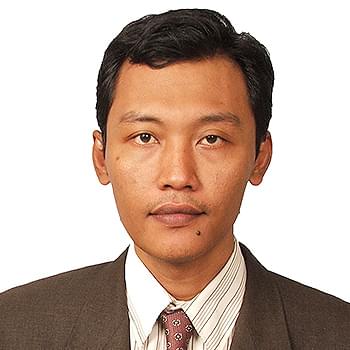
Cahyadi Yudodahono
Deputy Director for Financing Cooperation, Coordinating Ministry for Economic Affairs, Indonesia / Head of Indonesia JCM Secretariat
Cahyadi Yudodahono was previously the Deputy Director for Multilateral Economic Cooperation, Coordinating Ministry for Economic Affairs. He also served as Head of Sub Division for Multilateral Financing Cooperation, Coordinating Ministry for Economic Affairs and official for Capital Market Supervisory Agency and Financial Institution, Ministry of Finance. He completed his Bachelor’s in Economics majoring in Accounting from Sekolah Tinggi Ilmu Ekonomi Indonesia, and gained a Master’s in International Development from the International University of Japan, as well as a Master’s in Economic Science, University of Indonesia.
JCM Secretariat, Environment and Climate Fund, Ministry of Environment and Tourism, Mongolia

Otgontsetseg Luvsandash
JCM Secretariat, Environment and Climate Fund, Ministry of Environment and Tourism, Mongolia
Otgontsetseg Luvsandash has worked in the Ministry of Environment and Tourism of Mongolia since 2015 and is currently in charge of the Secretariat of the Joint Crediting Mechanism between Japan and Mongolia. Previously, she was the Public Relations Manager at the Business Council of Mongolia, the largest NGO representing all investors in Mongolia, domestic and foreign, on business climate issues. Prior to joining the Business Council of Mongolia, she worked as an Environmental Specialist and Public relations manager at MCA-M Energy and Environmental Project. She completed her Bachelor’s in Journalism and Master’s in State administration management from the National University of Mongolia.
Director and General Manager, Solution Business Division, YUKO-KEISO Co.,Ltd.
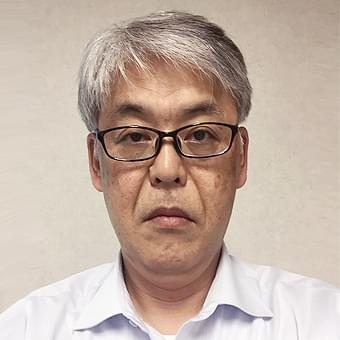
Toshihide Sugawara
Director and General Manager, Solution Business Division, YUKO-KEISO Co.,Ltd.
Toshihide Sugawara began work as a start-up engineer at YUKO-KEISO Co., Ltd. in 1984, and has had more than 20 years of experience in central monitoring facilities and automated control machines for buildings. In 2014 he was promoted to Head of the Vietnam Project Development Unit as well as Director of the Technology Section. In 2015 he took up the position of Director of YUKO Vietnam. In 2017 he established a specialized section for overseas projects, and assumed the role of Director.
Policy Researcher,
Climate and Energy Area, IGES

Moderator
Chisa Umemiya
Policy Researcher, Climate and Energy Area, IGES
Chisa Umemiya is specialised in the transparency of mitigation actions, capacity building, market mechanisms and REDD-plus. She has worked on research and projects for implementation on these issues in developing countries, especially in Asia. Before joining IGES, she worked as an exchange researcher at Faculty of Forestry, Kasetsart University in Thailand. She also worked for the Greenhouse Gas Inventory Office of Japan at the National Institute for Environmental Studies (NIES). She holds her Ph.D. from School of Human Sciences, Waseda University in Tokyo on the needs of capacity development for REDD-plus.
